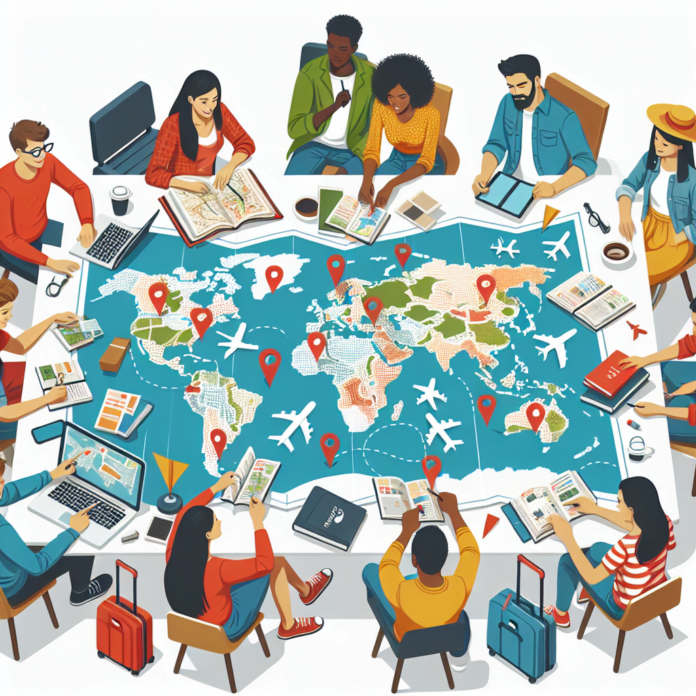Traveling is not just about jetting off to some random destination for a few days. If done correctly, exploring new places, soaking in different cultures, and meeting people from various walks of life can be transformative experiences. For such experiences to be possible, though, careful planning needs to be put in place. Far from stifling spontaneity, early travel planning ensures that you get the most out of your trip. In fact, planning your trip well in advance comes with a load of benefits that are hard to ignore.
The Advantages of Early Travel Planning
Let us explore the various ways you can benefit from planning your trips as early as possible.
1. Saves Money
Traveling can be expensive, but it doesn’t have to be. Planning in advance allows you to keep a tab on airline prices and accommodation rates and yield the best deals. As a general rule, the earlier you book your flights and stays, the cheaper they will be. Also, having enough time enables you to compare different service providers and pick the best ones. In addition, early planning allows you to spread your spending over several months, reducing financial stress and sudden outlays.
2. Secures Accommodations and Activities
Tourist spots often have peak seasons when things get sold out quickly. If you’re someone who doesn’t like compromising on staying options and activities, then early planning is the way to go. From choosing your preferred hotel, ensuring you have the best room, to getting a spot on popular tours, early planning ensures you aren’t left disappointed due to non-availability.
3. Reduces Stress
Nothing spoils a holiday more than last-minute hiccups. Missed flights, overpriced hotels, or finding that a tour or activity is fanatically booked can all add unnecessary stress to a trip that is supposed to be about relaxation. Planning ahead ensures that everything is in place well before you depart. This reduces the chance of any things going wrong and lets you enjoy your trip to the fullest.
4. Allows for Detailed Itineraries
With plenty of time to plan, you can create detailed itineraries that strike the right balance between activity and relaxation. Visiting places aimlessly without knowing what to do can often become frustrating. With an early travel plan, you can research about each destination, learn about their attractions, determine the best times to visit, and even shortlist local foods to try. This will help you to experience every destination in a fulfilling manner.
Conclusion
Early travel planning does require some extra effort and diligence. But the rewards it brings in the form of cost savings, worry-free journey, deeper explorations, and greater satisfaction are well worth it. It frees you from the shackles of uncertainties, and lets you focus on what truly matters – immersing in the experience and creating indelible memories. So, the next time you plan a trip, remember to give planning its due time!
Frequently Asked Questions
1. How early should I start planning for my trip?
There’s no set rule as this can vary depending on your destination, season, and personal preferences. But ideally, start planning at least three months in advance for international trips and one month in advance for local trips.
2. Is it too stressful to plan everything in advance?
Not at all! In fact, early planning can reduce stress as it allows you to address potential issues ahead of time. Knowing that everything is taken care of well in advance provides you with peace of mind during your trip.
3. I love spontaneous trips. Isn’t early planning restrictive?
On the contrary, early planning can provide you the structure to fully enjoy your trip. Remember, plans can always be adjusted, and having a general itinerary provides you just enough flexibility without wasting time over decision-making during the trip.
4. Will early planning prevent me from exploring local culture authentically?
Not necessarily. Early planning involves knowing about the cultural nuances, customs and attractions of the places you are visiting. This knowledge enhances your understanding and appreciation, helping you immerse yourself in the local culture in a respectful and genuine way.

